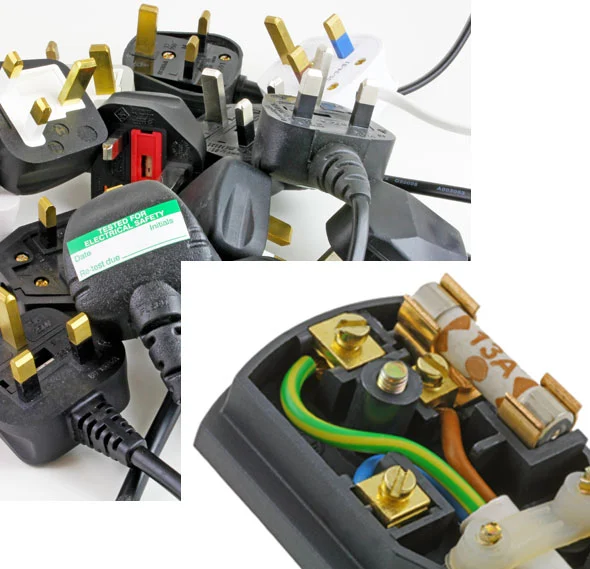Why PAT Test?
There are a number of drivers for companies to consider getting regular fixed wiring and portable appliance testing in place.
- The law – All organisations have a legal duty to keep employees, visitors and the general public safe by carrying out regular inspection and testing.
- Safety – No business owner or line manager wants to be responsible for a serious incident or accident on their premises, or on the premises of a client.
- The business – A poor safety record, or HSE investigation affects the reputation of a business, and can also lead to extensive closures and/or downtime while issues are rectified
- Insurance – Insurers may seek confirmation that regular preventative testing and maintenance programmes are in place
- Evidence – All organisations need evidence that they are following safe systems of working, and taking health and safety seriously
Some industries – those considered more dangerous, such as construction – are subject to more frequent inspection and testing regimes. For example, the Construction and Design Management Regulation 2015 states that 110V tools and cables should be inspected every three months and 240V tools and cables every 12 months. For the full lowdown, download our free guide and connect to Grant Foster on LinkedIn, for regular updates and articles.
Do you work with self-employed contractors?
If so, it’s your responsibility to ensure they are maintaining and inspecting their portable electrical appliances when they work on your behalf. You should be reviewing this information at recruitment, and each year after that during an annual appraisal process, where you check that they are able to work with your company for another year, even though they are responsible for their own health and safety. This means regular PAT testing of their power tools, plus written visual inspection records. Put your subbies in touch with us for convenient and efficient, quality testing of tools, cables and equipment.
Think it’s time to start PAT testing at your premises? Contact us for a free quotation.



